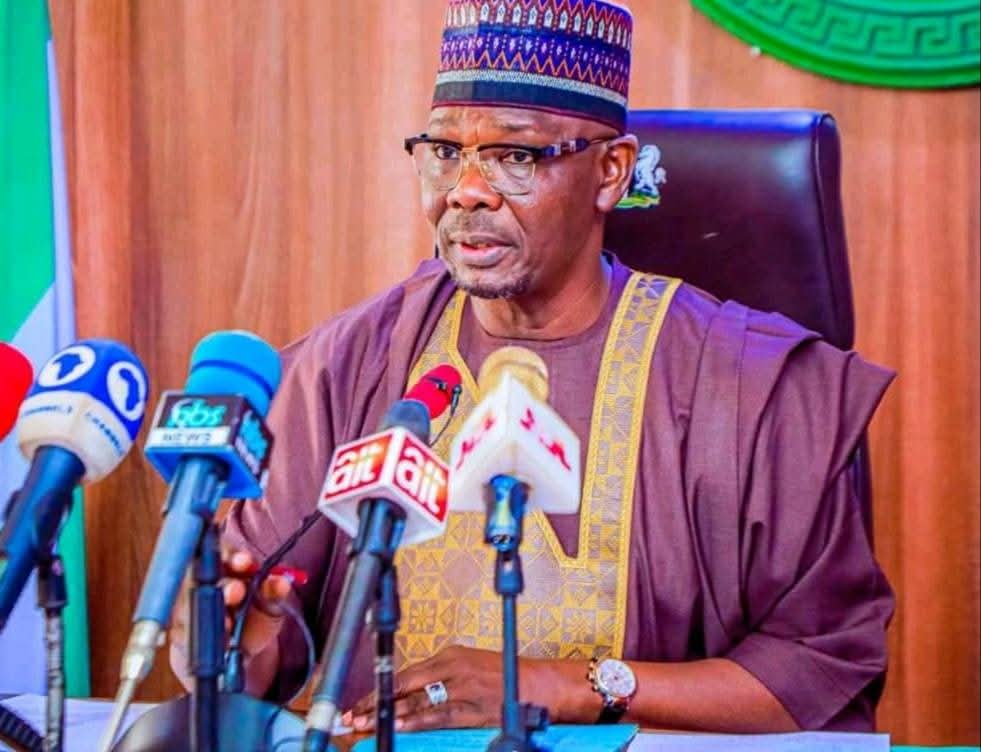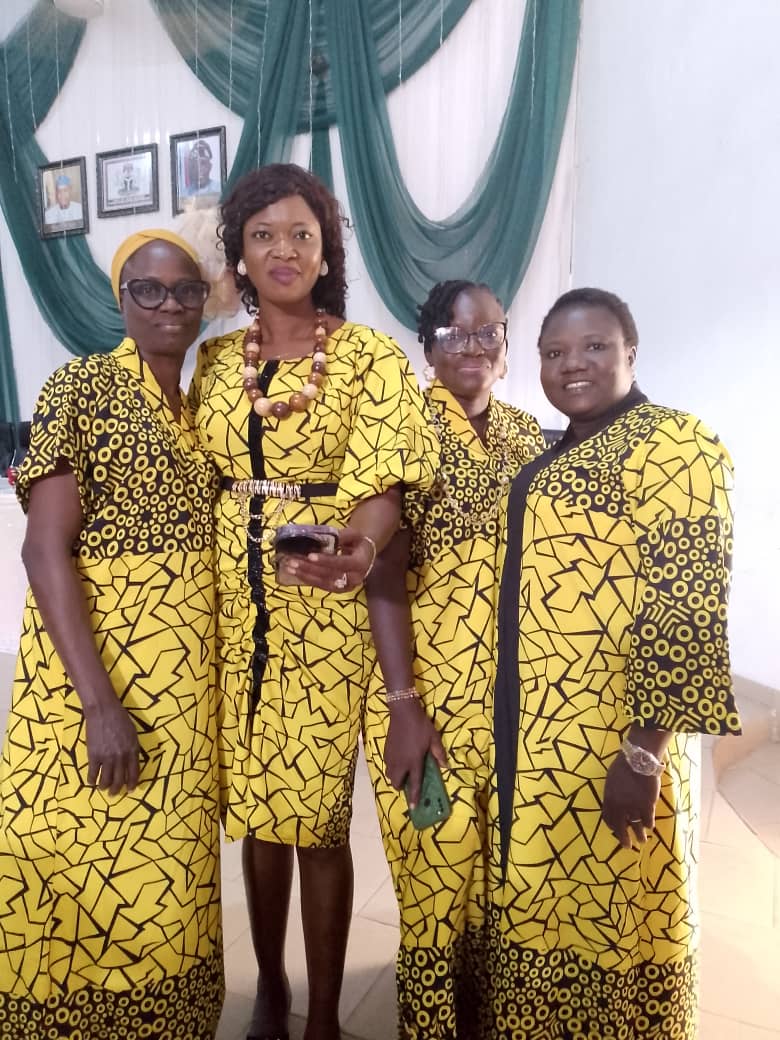By Ibrahim Muhammad, National Coordinator, Independent Hajj Reporters
The recent report by the Independent Corrupt Practices and Other Related Offences Commission (ICPC), which classified the National Hajj Commission of Nigeria (NAHCON) alongside other government agencies like the Supreme Court and the Nigerian Press Council as having weak anti-corruption efforts, demands deep introspection within the Hajj and Umrah industry.
While the ICPC report did not explicitly label NAHCON as the most corrupt institution or its officials as the most corrupt personnel, the shadow cast by such a classification is significant enough to merit serious reflection and action.
The Hajj and Umrah industry carries a unique responsibility. As an institution with 100% Muslim staff, NAHCON embodies Islamic values and represents the Islamic image within Nigeria’s governmental framework. This distinction places it on a moral pedestal that necessitates a higher standard of integrity compared to other Ministries, Departments, and Agencies (MDAs) whose mandates focus on more secular domains such as economics, security, and politics.
It is crucial for stakeholders in the industry to ask themselves hard questions about their contributions—whether positive or negative—to the Nigerian Hajj and Umrah ecosystem. The ICPC’s findings, regardless of perceived inaccuracies or biases, should be seen as an opportunity for self-assessment and reform.
No other religion-based institution has appeared as frequently in corruption-related reports as NAHCON in recent times. Investigations by ICPC, EFCC, the Code of Conduct Bureau, and legislative committees underscore the need for greater scrutiny and accountability. Allegations against NAHCON’s immediate past leadership, coupled with systemic procedural flaws, have implications that extend to the State Muslim Pilgrims Welfare Boards and Private Hajj Tour Operators.
To address these challenges, stakeholders at all levels must tighten administrative procedures, ensuring compliance with best practices to uphold transparency and integrity.
NAHCON must lead by example in aligning its operations with established anti-corruption frameworks. The chairman, as the Commission’s CEO and the de facto leader of Nigeria’s Hajj industry, bears the responsibility to set the tone for accountability. His actions against corruption should inspire confidence and serve as a benchmark for others in the industry.
One immediate test of this resolve could be the disbursement of the 2023 Hajj refunds. A high-powered monitoring committee should oversee the refund process across states, ensuring that all pilgrims receive their entitlements promptly. Such transparency would effectively counter the ICPC’s classification and restore trust in the system.
As Muslims, reflection is a cornerstone of personal and collective growth. The Qur’an, in Surah At-Taubah (9:119), commands: *“O you who have believed, fear Allah and be with those who are true.”* This verse calls on all stakeholders in the Hajj and Umrah industry to embody truthfulness and accountability in their dealings.
The ICPC report is a wake-up call. It is a time for honest introspection, collective resolve, and concerted action to ensure that the Hajj and Umrah industry continues to reflect the highest ideals of Islamic values.





